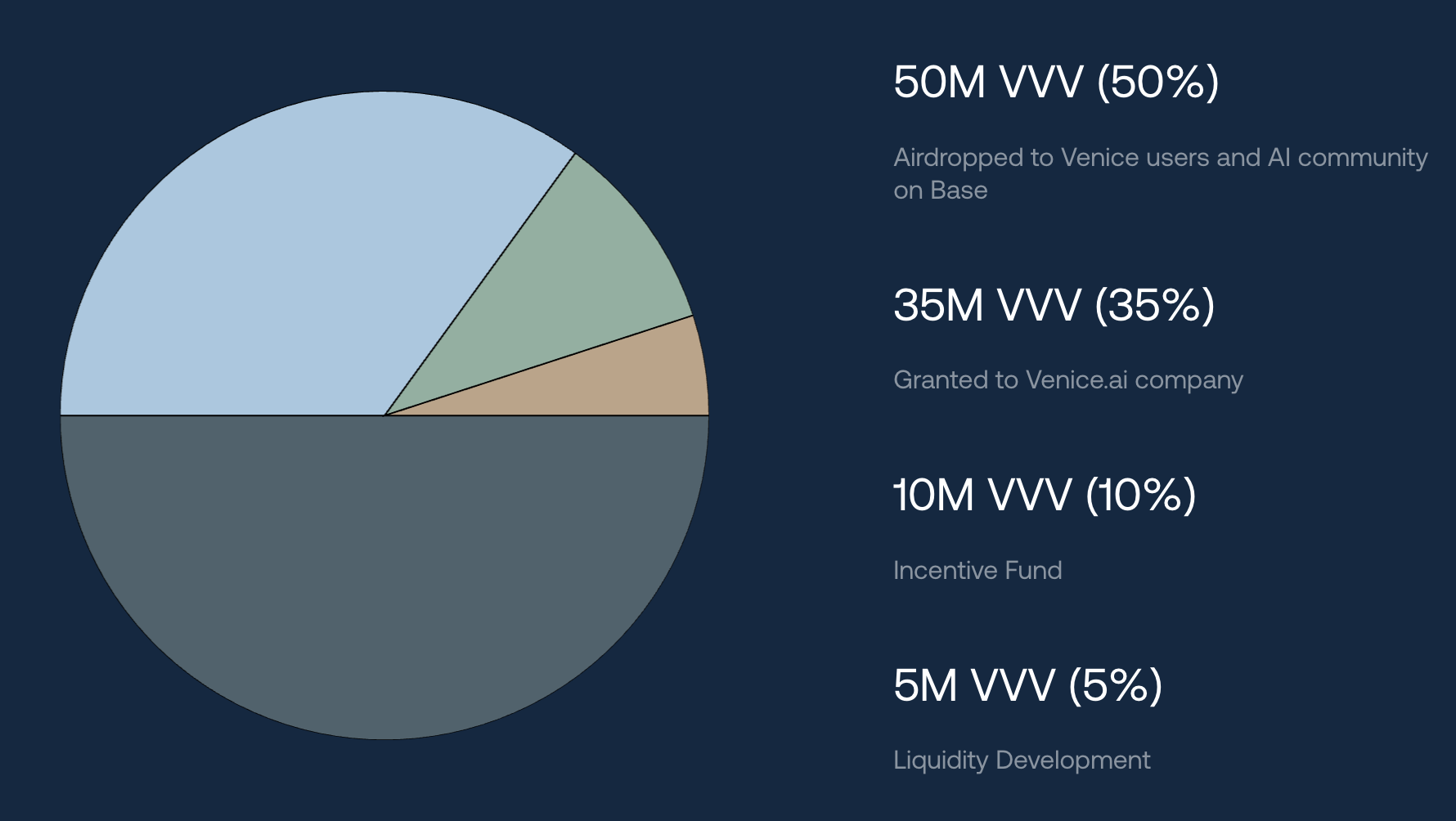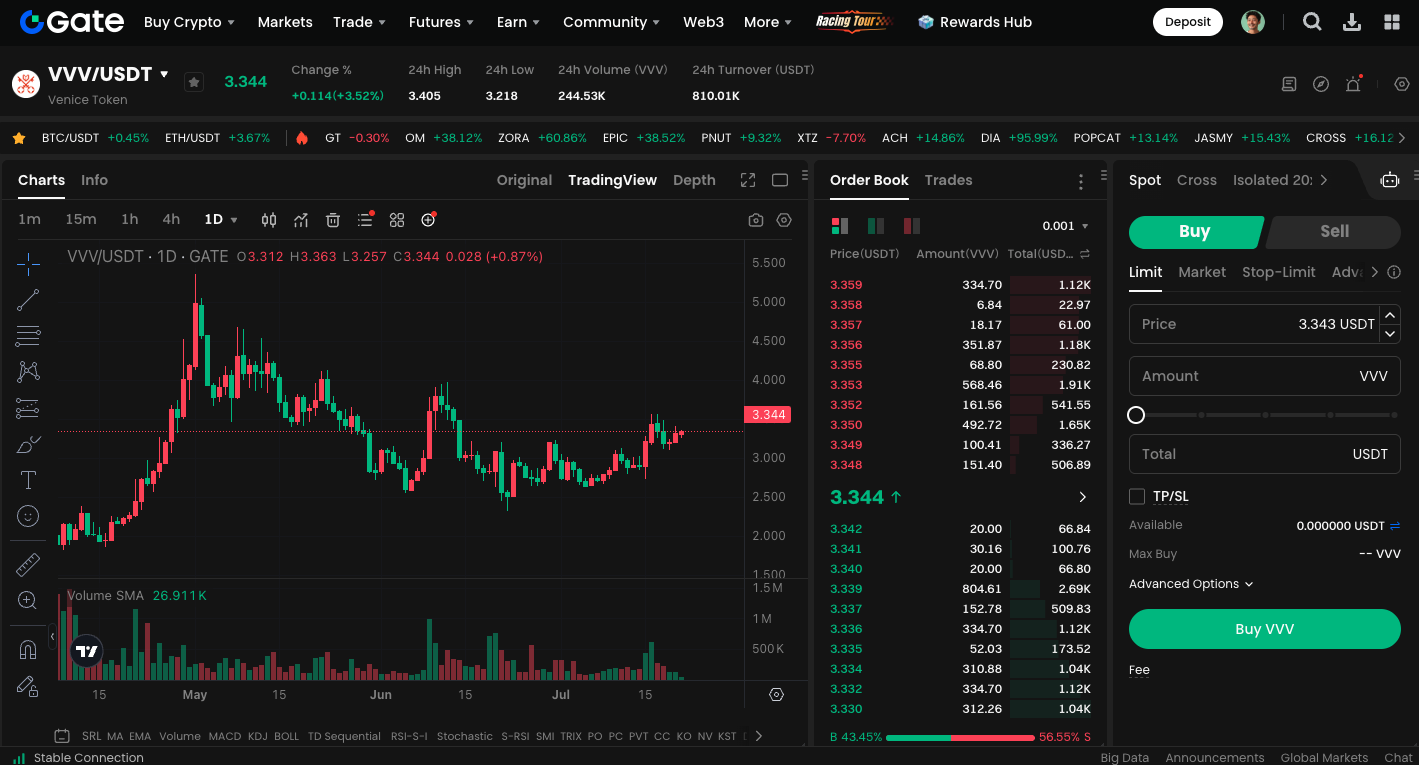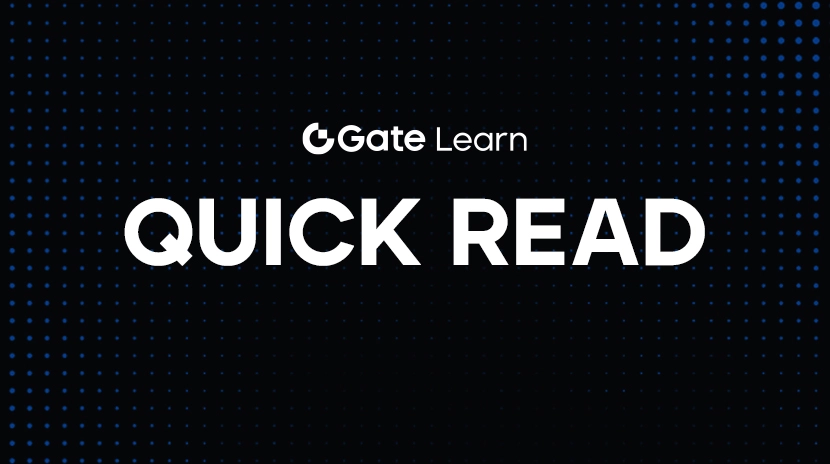Venice AI (VVV): A Privacy-First Decentralized AI Platform
What Is Venice AI (VVV)?

(Source: AskVenice)
Venice AI is a decentralized, privacy-first AI platform that provides secure, censorship-resistant AI inference services for developers and users. The platform is built to create an AI ecosystem that does not store user data, track activity, or share information with third parties. Through the Venice API, users can access features such as text generation, image creation, code assistance, and document analysis. VVV serves as the core token of the ecosystem.
Venice is fully compatible with the OpenAI API, enabling developers to quickly migrate existing applications to the Venice architecture. Unlike centralized platforms, Venice routes API requests via encrypted protocols directly to decentralized GPU nodes, without relying on central servers. This approach keeps all data private and secure during transmission and processing.
Core Features and Use Cases
The Venice API offers a wide range of AI functionalities, including text generation, image creation, speech-to-text transcription, and code assistance. Users can customize model parameters to meet specific requirements and integrate the platform’s tools into their own applications or services. This flexibility benefits content generation platforms, educational tools, and Web3 projects by providing high scalability and strong privacy protection. Venice also supports real-time image generation and inpainting, allowing users to create or modify visual content with simple prompts. Additional features include audio transcription, PDF document analysis, and experimental virtual character interaction, making it well-suited for exploring native Web3 applications.
Decentralized Architecture and Privacy Protection
Venice was designed from the outset with user privacy as its top priority. Unlike most AI platforms, Venice neither stores prompts, generated content, nor usage records. Each request is sent directly to a distributed GPU network over HTTPS, completely avoiding any server-side retention. This design ensures that even if a security incident occurs, no user data can be accessed, achieving true data sovereignty and robust censorship resistance.
Venice AI Tokenomics
VVV is the native token of the Venice AI ecosystem, used for accessing AI inference services and participating in protocol governance. The total supply is fixed, and the emission and staking mechanisms are designed to maintain long-term utility and value stability.
By staking VVV, users receive daily AI compute power (called Diem), eliminating the need for per-use or monthly payments. Compute resources are allocated based on the proportion of tokens held, and stakers also earn rewards, increasing participation incentives. As hardware costs decrease and model efficiency improves, the same amount of VVV provides greater inference capabilities, creating a positive cycle between token value and platform resources.
VVV Token Distribution
The VVV token distribution for Venice AI is as follows:
- Airdrop Program (50%): 50 million VVV tokens will be airdropped to early Venice users and AI community participants within the Base ecosystem to promote community growth and adoption.
- Core Team (35%): 35 million tokens are allocated to the Venice.ai team for technical development, operations, and long-term incentives.
- Incentive Fund (10%): 10 million tokens are set aside for promotions, developer grants, and strategic partnerships.
- Liquidity Provision (5%): 5 million tokens are reserved for exchange liquidity management to ensure market stability.

(Source: venice)
This allocation secures resources for early community participation, platform development, and infrastructure support.
Venice AI Governance
In addition to compute power and staking rewards, VVV holders can participate in platform governance. Venice uses a token-weighted voting system where stakers can propose and vote on protocol upgrades, parameter changes, and fund allocation. This mechanism empowers active participants to shape the platform’s future while protecting against malicious proposals. Governance covers technical updates, tokenomics adjustments, community policy, and funding decisions, ensuring that the Venice ecosystem remains flexible and community-driven.
Start trading VVV spot now: https://www.gate.com/trade/VVV_USDT

Summary
Venice AI redefines AI usage by combining Web3 decentralization with a privacy-centric architecture, creating an open, secure, and censorship-resistant AI infrastructure. As the demand for data sovereignty rises, Venice enables users to leverage AI without sacrificing privacy. With VVV staking and open-source model integration, Venice serves as both a practical tool and a catalyst for an AI revolution focused on freedom and user control. Looking ahead, Venice AI is positioned to become the preferred platform for developers and privacy-conscious users, driving widespread adoption of decentralized AI solutions.





